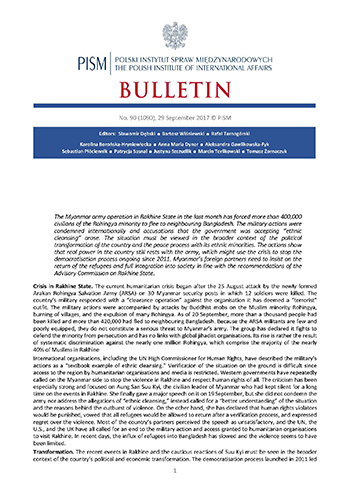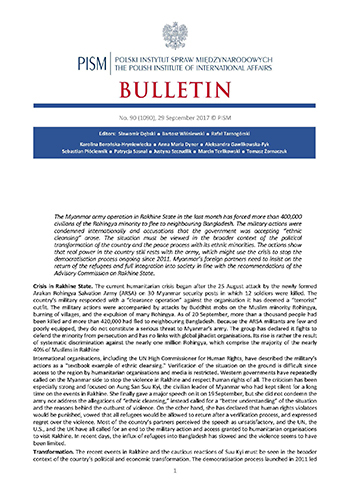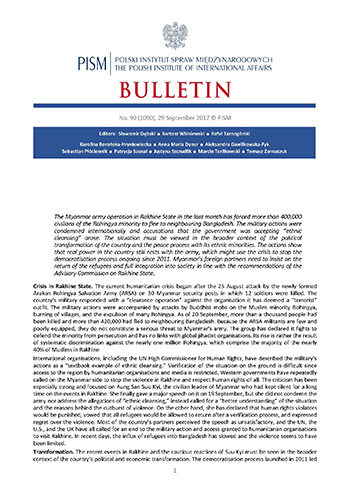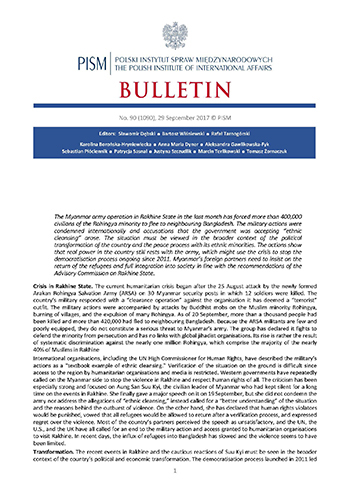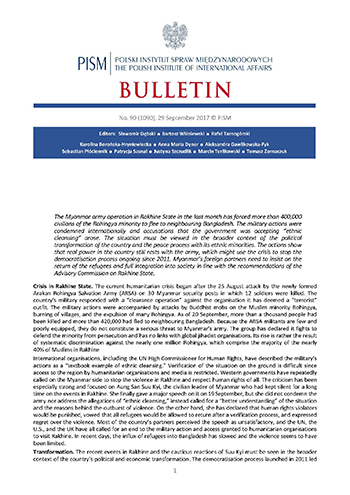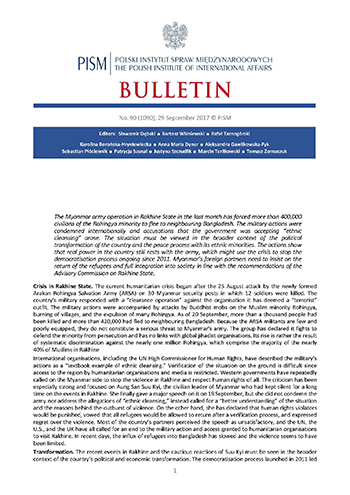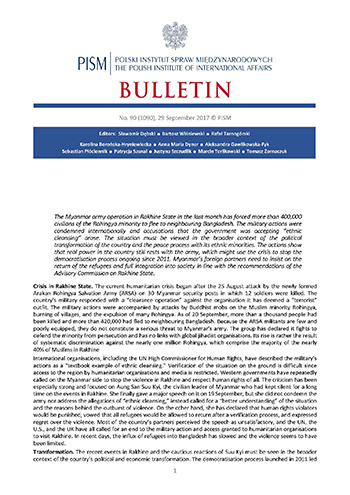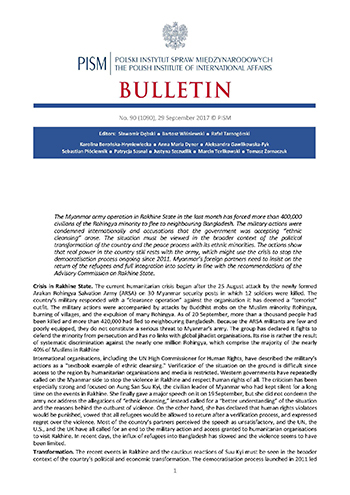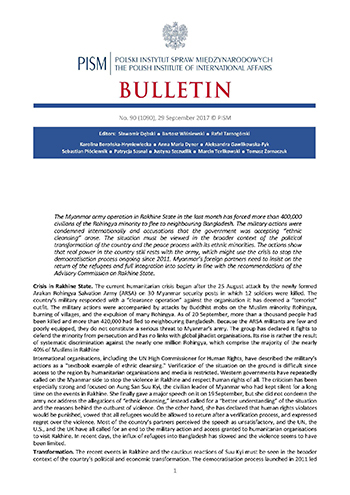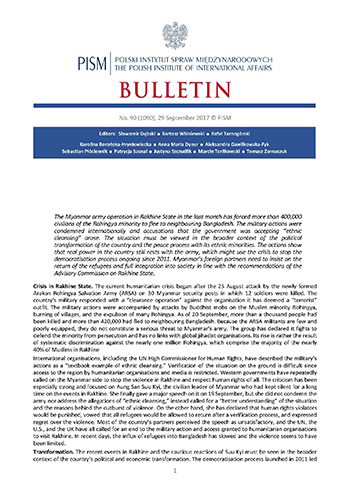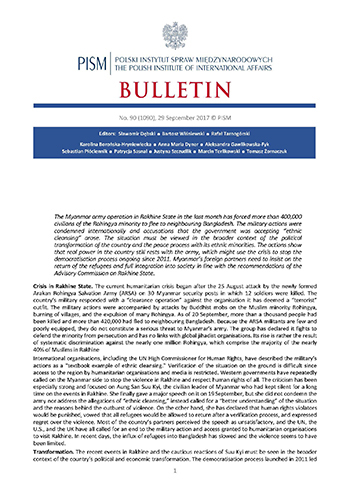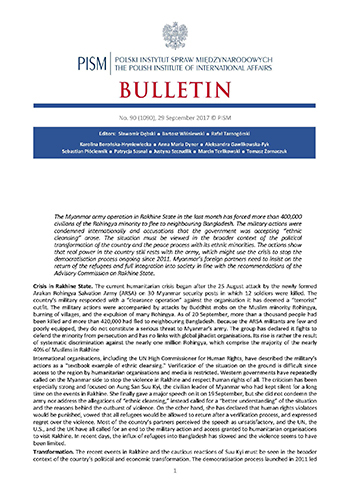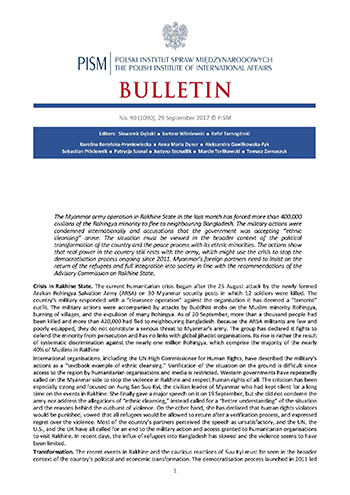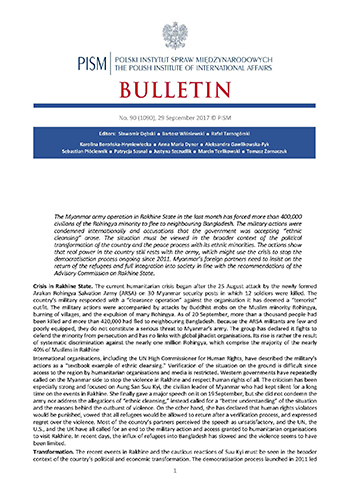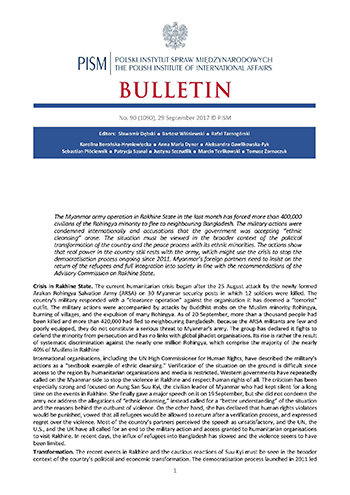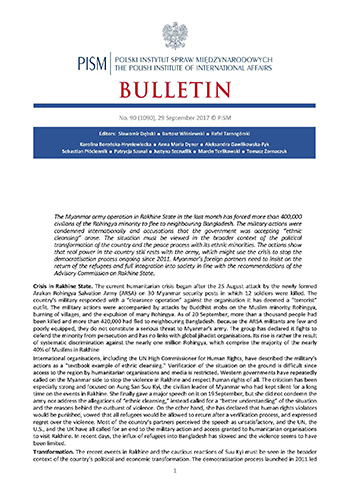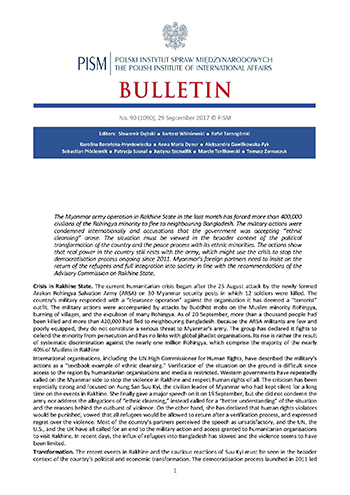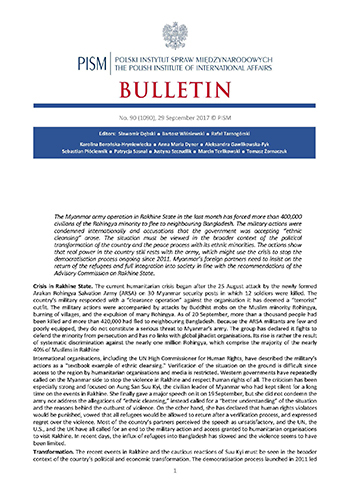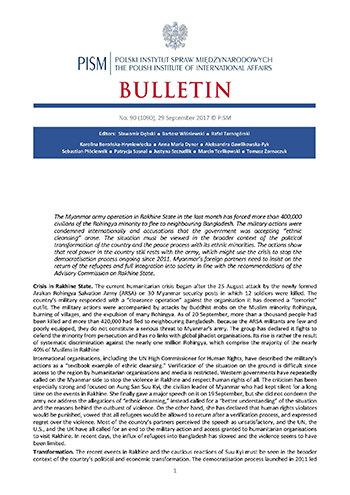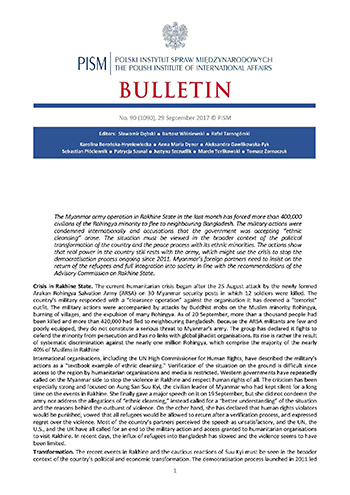
EU Expert Missions to the Eastern Partnership Region: Time for Change
EU Expert Missions to the Eastern Partnership Region: Time for Change
Keywords: Eastern Partnership; Armenia; Eastern Europe; European Union; Georgia; Moldova; neighbourhood policy; Ukraine
The EU pursues a number of advisory programmes in neighbouring countries with the aim to help their government administrations implement mutually agreed reforms. The experience of the Eastern Partnership countries shows these programmes face many limits. Although it is difficult for the EU to modernise public administration in this region, its advisory services might be improved by introducing more flexible procedures, multiannual training, and more logistical support.
More...
